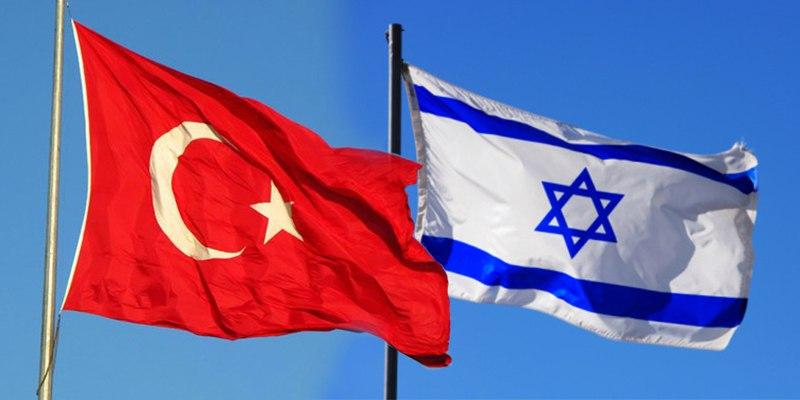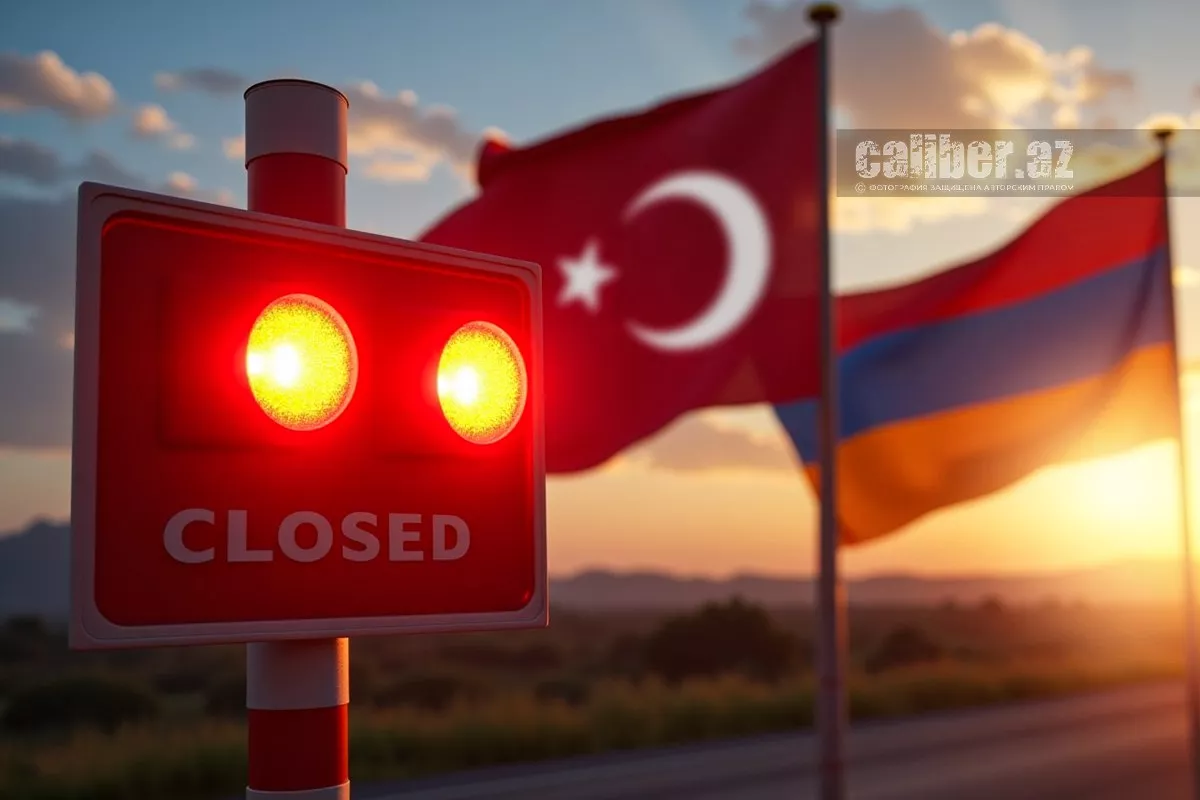Yerevan puts "genocide" debate on hold for better Türkiye ties
Armenian Prime Minister Nikol Pashinyan recently criticised a controversial statement made by Israeli Prime Minister Benjamin Netanyahu about the so-called "Armenian genocide,” outlining Armenia's current political priorities. Pashinyan emphasised that Netanyahu’s comments are unrelated to Armenia, its people, or the country’s national interests.
"In general, we need to understand do we want the recognition or non-recognition of the Armenian genocide to be a geopolitical coin in the hands of others, which has nothing to do with the interests of our state and the interests of the people," Pashinyan said.
Pashinyan also questioned whether the Armenian people want the issue of recognising the "Armenian genocide" to become a source of confusion in interviews, emphasising that he himself does not want this. He urged citizens to focus on the interests of the Armenian state.
A reminder that earlier, in an interview with Patrick Bet-David, Netanhahu mistakenly claimed that the Knesset had formally adopted a resolution recognising the so-called “Armenian genocide”— the Israeli parliament has not adopted any such document. When the interviewer remarked that he would like to hear the recognition directly from the prime minister himself, Netanyahu responded, “I just did.”
It is important to note that Israel has historically refrained from officially recognising the so-called “Armenian genocide.” Various resolutions introduced by different Knesset factions over the years have failed to secure majority approval.
The reason for this is caution in relations with Türkiye, which, however, have significantly worsened in recent years, especially in light of recent events. For example, President Recep Tayyip Erdoğan accused Israel of committing genocide against Palestinians in the Gaza Strip, and Türkiye’s Foreign Ministry condemned Netanyahu’s statement about the events of 1915, calling it an attempt to "politically exploit the tragic events of the past."

“We condemn and reject this statement, which has nothing to do with historical or legal reality,” the Turkish Foreign Ministry said.
Returning to Pashinyan’s response to the recent statements regarding the so-called “genocide,” it’s worth noting that this is not the first time the Armenian leader has hinted that the issue runs counter to the country’s current national strategy.
Back in January of this year, during a meeting with members of the Armenian diaspora in Switzerland, he called for a return to the history of the “Armenian genocide of 1915 in Ottoman Türkiye,” urging people to understand what happened and why — how it was perceived, and with whose help.
“How is it that in 1939 there was no Armenian genocide agenda and how is it that in 1950 the Armenian genocide agenda emerged? How did that come about? Are these questions we need to understand or not?” Pashinyan said at the time.
In other words, the Armenian prime minister was effectively suggesting that the topic was artificially inflated and does not serve Armenia’s national interests.
Incidentally, in October, 2024, Foreign Minister Ararat Mirzoyan also stated during a speech in parliament that promoting the agenda of "international recognition of the Armenian genocide in the Ottoman Empire" is not a priority of Armenia’s foreign ministry.

Based on the statements made by the Armenian leadership, it can be concluded that official Yerevan intends to normalise relations with Ankara by putting the contentious issue of the "genocide" to rest. This pragmatic approach by Yerevan aligns with the broader peace agenda for the entire region. And such a rational approach by Yerevan aligns with the region’s broader peace agenda. That is the first point.
Secondly, Armenia has expressed a strong interest in reopening its border with Türkiye — a point that Prime Minister Nikol Pashinyan’s team has emphasised on multiple occasions. During Pashinyan’s visit to Türkiye in June of this year, at the invitation of President Erdoğan, it’s believed that both sides discussed the key terms for normalising Armenian-Turkish relations. Central to those discussions was the Armenia-Azerbaijan peace process, which Türkiye sees as a prerequisite for reopening the border and reestablishing diplomatic ties between the two countries.
To date, Armenia truly has real grounds for normalising relations with Türkiye: the outcomes of the Washington talks and the prime minister’s intention to downplay the issue of the “Armenian genocide” demonstrate official Yerevan’s readiness to follow the regional agenda for establishing lasting peace.
Thus, de facto, the main obstacles to Armenian-Turkish rapprochement have largely been removed. However, de jure, Armenia must sign a peace agreement with Azerbaijan, which requires meeting Baku’s demand to make the necessary amendments to the Armenian constitution to remove any territorial claims against Azerbaijan.
Whether Armenia will be able to bring these issues to a successful conclusion remains to be seen.








